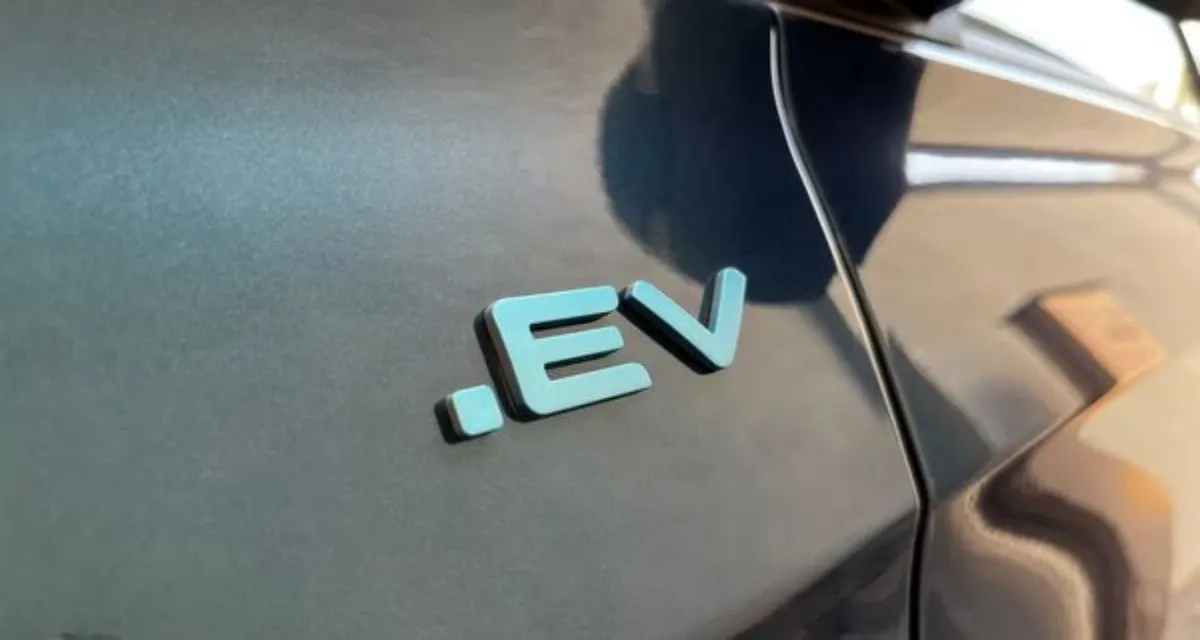

In a significant move aimed at revamping India's electric vehicle (EV) landscape and attracting global EV giants, the Indian government is poised to issue draft guidelines for its revised EV policy. This follows months of deliberations and strategic planning aimed at incentivizing foreign EV manufacturers to set up production facilities in the country and utilize local resources. The Ministry of Heavy Industries is set to engage with stakeholders in the coming months to finalize the policy framework, which is expected to be a game-changer for the Indian EV market.
The upcoming policy is built around the Scheme to Promote Manufacturing of Electric Passenger Cars in India (SPMEPCI), which was unveiled by the Centre on March 15, 2024. The scheme proposes significant tax cuts on imported electric vehicles for manufacturers that commit to investing ₹4,150 crore over five years, including establishing local manufacturing plants. This initiative is designed to lure global EV leaders such as Tesla into the Indian market.
Under the new policy, foreign EV manufacturers will benefit from reduced import duties, provided they meet the investment criteria and price thresholds. The import duty on electric vehicles by these carmakers will be slashed to 15% from the current 70-100%, on the condition that the vehicle prices do not exceed $35,000 (approximately ₹29 lakh). This reduction aims to make high-quality EVs more affordable for Indian consumers while fostering local manufacturing and job creation.
The Centre has scheduled meetings with EV stakeholders, including both established manufacturers and new entrants, to refine the draft guidelines. The first round of discussions, held in April, saw participation from major players, including Tesla. The next meeting is planned for before the end of July, where further inputs will be sought to shape the final policy.
VinFast, a Vietnamese EV startup, was one of the first foreign manufacturers to announce its investment plans under the new scheme. The company is currently constructing a facility in Tamil Nadu, showcasing the potential of the new policy to attract substantial foreign investments.
The government will open the application window for EV manufacturers to avail benefits under the new policy starting July 31. Manufacturers will have a 120-day period to submit their applications, which will be scrutinized by the Centre. Importantly, only new investments will be considered, and past investments by manufacturers will not count towards the new policy. This stipulation was communicated to VinFast, which had to reconsider its investment timeline pending the policy finalization.
While the new policy is geared towards attracting foreign investments, it also aims to maintain a level playing field for domestic EV manufacturers. Tata Motors, a leading EV manufacturer in India, has voiced concerns over reduced import taxes potentially undermining local production. Tata Motors has urged the government to ensure that any incentives for foreign players do not disadvantage Indian manufacturers.
The revised EV policy is seen as a strategic move to position India as a global hub for electric vehicle manufacturing. By reducing import duties and fostering local production, the government aims to accelerate the adoption of EVs in the country. Industry experts believe this policy could catalyze significant growth in the EV sector, making high-quality electric cars more accessible to Indian consumers and reducing the country's carbon footprint.
Tesla, one of the most anticipated entrants into the Indian EV market, has been lobbying for reduced import taxes for years. With the new policy potentially addressing these concerns, there is renewed optimism about Tesla's entry into India. CEO Elon Musk has expressed interest in visiting India to further discussions with Prime Minister Narendra Modi, though previous plans for such a visit were postponed.
The upcoming revised EV policy marks a crucial step in India's journey towards sustainable and eco-friendly transportation. By incentivizing foreign investments and promoting local manufacturing, the government aims to transform India's EV market, making it more competitive and innovative. As the Centre prepares to issue the draft guidelines and engage with stakeholders, the automotive industry watches with keen interest, anticipating a new era of electric mobility in India.
Also Read: